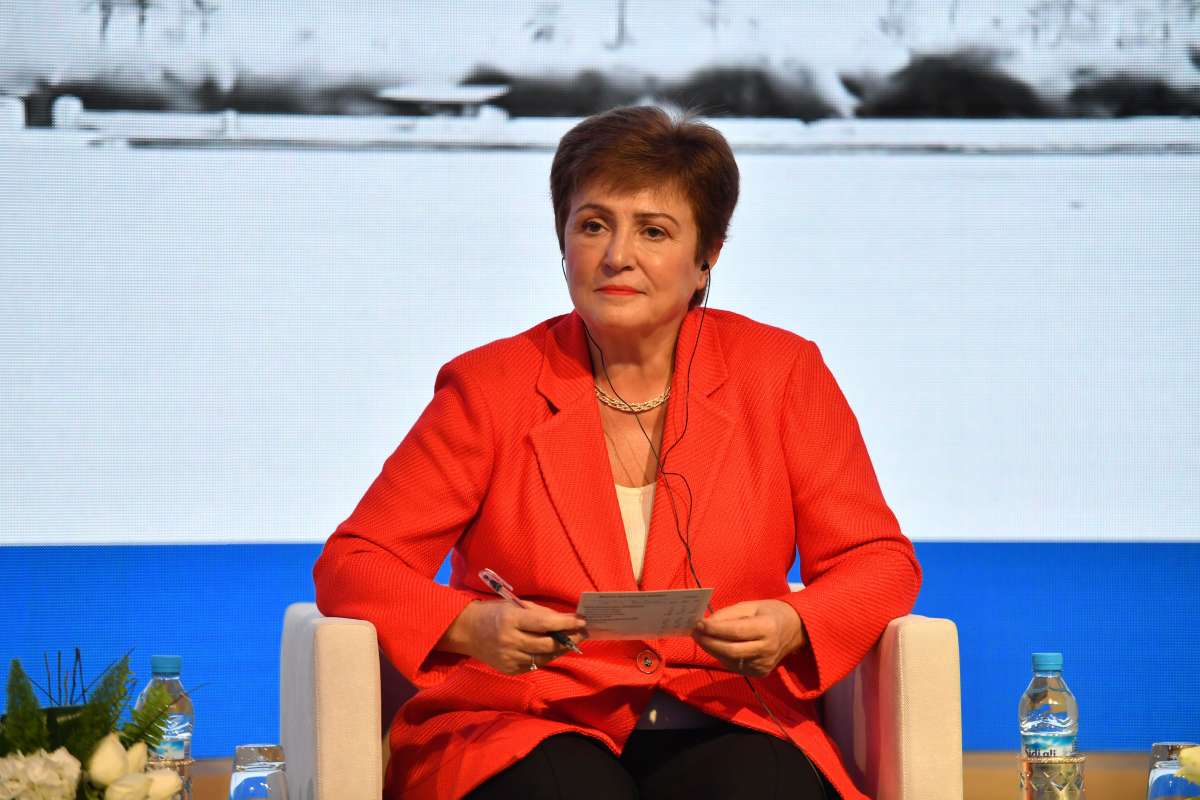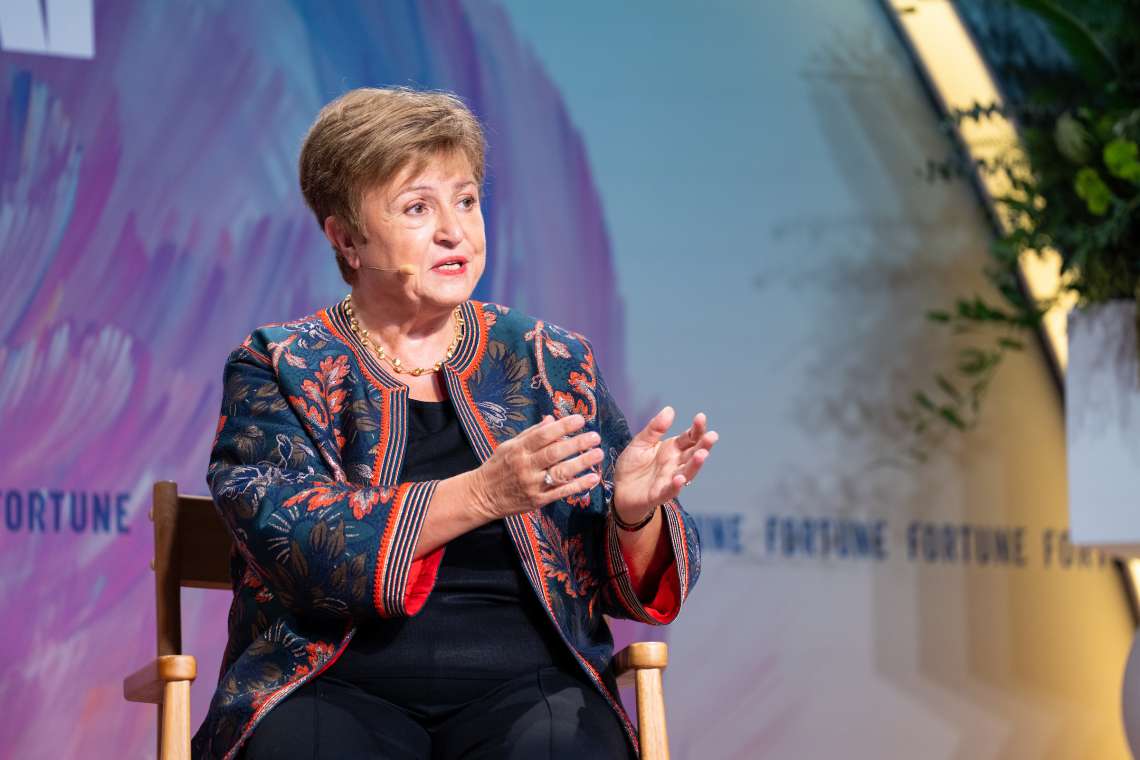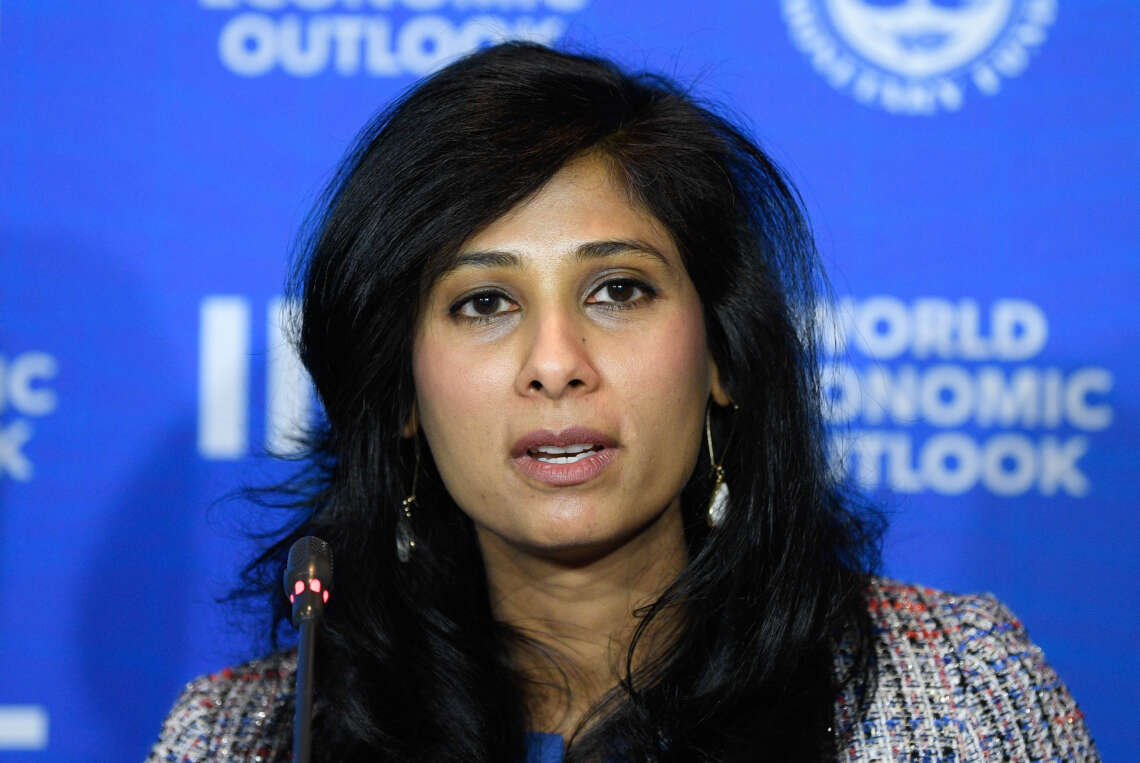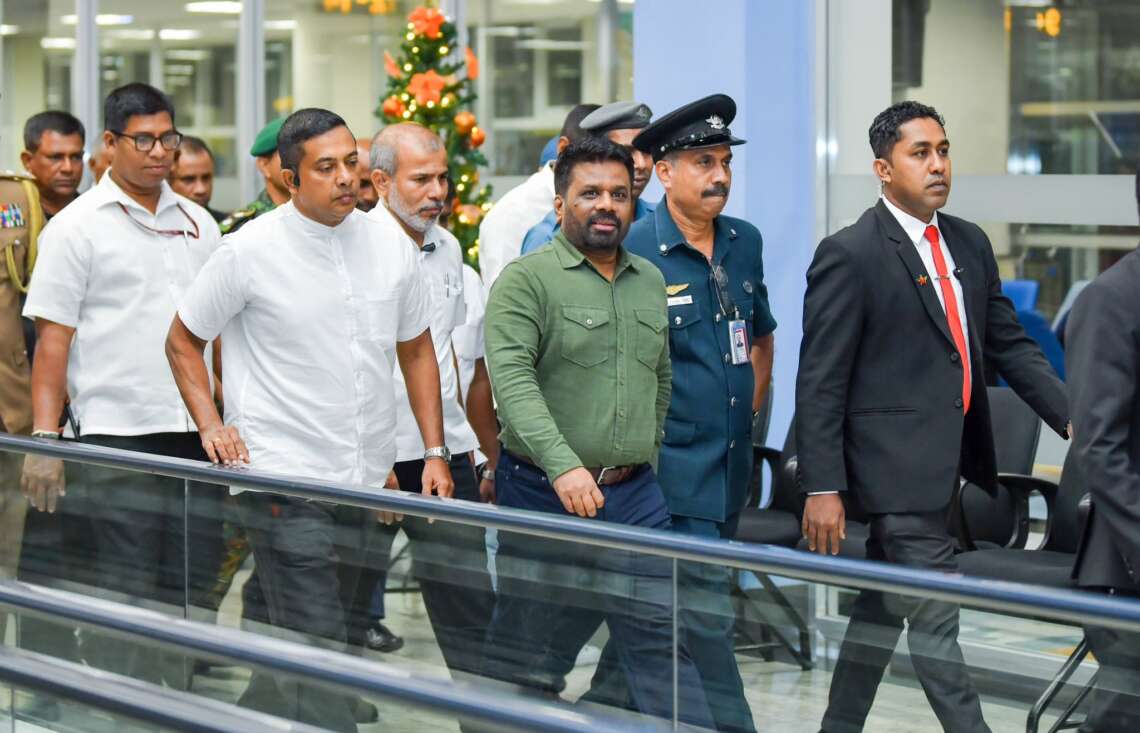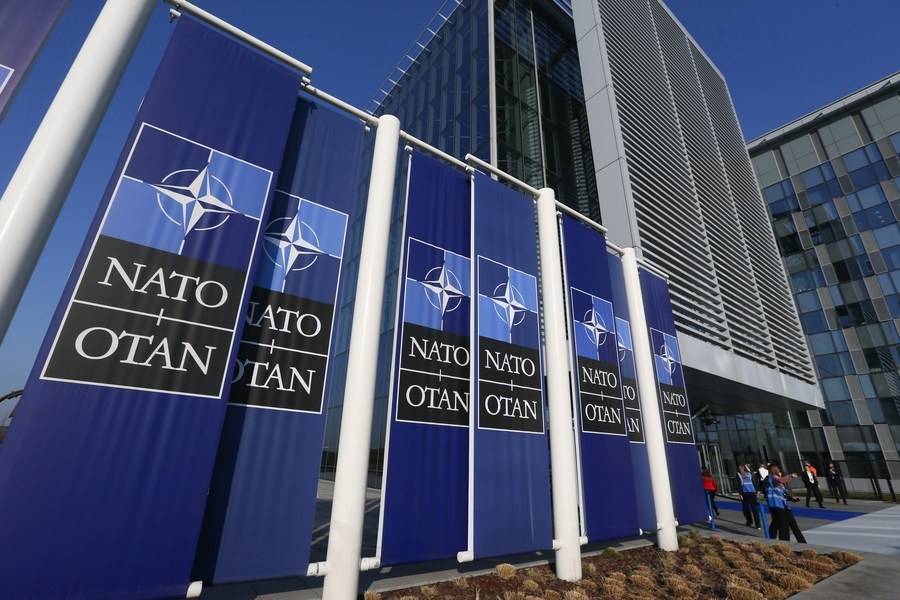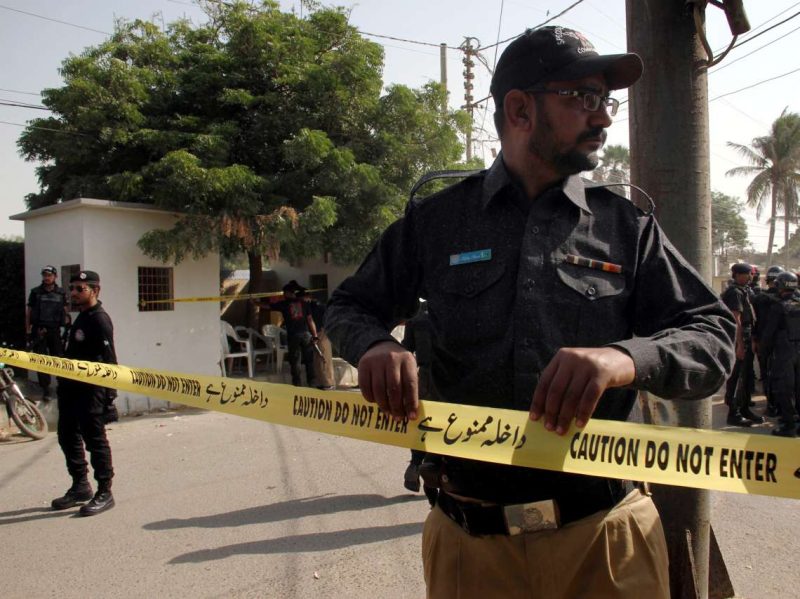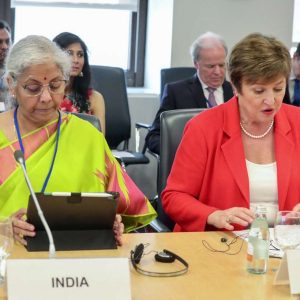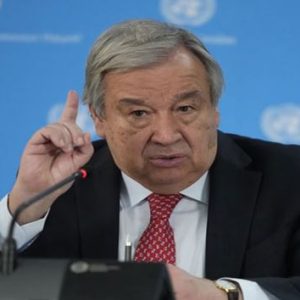Nadia Calvino, Spain’s first vice president and minister for economy and digitalization, who is the chair of the IMFC, also highlighted the risk of fragmentation…reports Asian Lite News
There is a risk of geopolitical fragmentation, as geopolitics turn into geo-economics with negative impacts, warns International Monetary Fund (IMF) Managing Director Kristalina Georgieva.
“Emerging markets and developing countries have stressed that for them, it is paramount that they have the opportunity to drive growth and employment on the basis of a more integrated global economy,” Georgieva said at a press conference during the IMF and World Bank annual meetings in response to a question.
That was also a message coming from small advanced economies, Georgieva noted, referring to the meeting of the International Monetary and Financial Committee (IMFC), the policy advisory committee of the IMF Board of Governors.
“The predominant mood in the room was we cannot possibly allow fragmentation to happen because everybody would be poorer, but it would be devastating for low-income and, for emerging markets and developing economies,” said the IMF chief.
Georgieva said that a simulation showed that for advanced economies, global economic fragmentation would mean a loss of 2 per cent of output, while for emerging markets and developing economies, it could be 10 to 15 per cent.
Nadia Calvino, Spain’s first vice president and minister for economy and digitalization, who is the chair of the IMFC, also highlighted the risk of fragmentation.
In the Chair’s Statement of the 46th Meeting of the IMFC, Calvino said the global economy is subject to increased fragmentation risks and the IMFC reiterates its call for greater international cooperation to prevent fragmentation and safeguard global economic integration.
Looking back, Georgieva noted that an integrated economy led to the tripling of the world economy in the last decades, in which emerging markets and developing economies quadrupled, and advanced economies doubled.
“So if we want to have a secure future, we do need to retain that efficiency that comes from an integrated economy,” she added.


